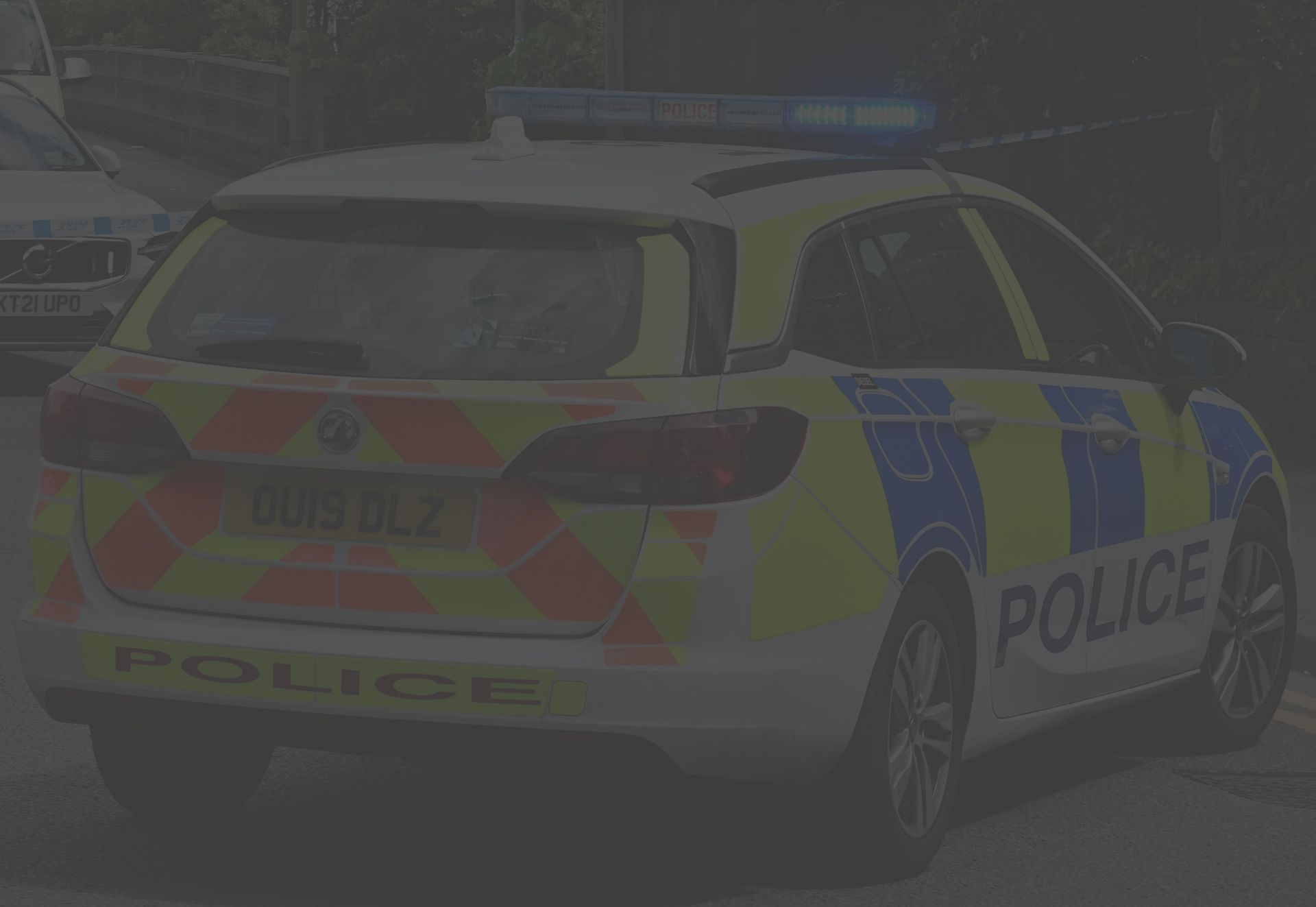Do Domestic Violence Protection Orders Show Up on a Background Check?
Suppose you’ve been served with a Domestic Violence Protection Order (DVPO). In that case, you may understandably be concerned about the longer-term implications, particularly how it could affect your reputation, job prospects, or criminal record.
One of the most common questions is whether a DVPO will appear on a background check.
In this blog, we explore how DVPO’s are treated during background checks in England and Wales, and what you need to know if you're worried about what may appear in a Disclosure and Barring Service (DBS) check or an employment screening.
What Is a Domestic Violence Protection Order (DVPO)?
A DVPO is a civil order made by a magistrates' court, typically made following a police Domestic Violence Protection Order (DVPO).
These orders are designed to give immediate protection to an alleged victim of domestic abuse by preventing the accused from returning to the shared home or contacting the individual for a set period, up to 28 days. The order can also restrict the accused from going to a certain location or speaking with other people if it can be shown it would cause interference with the person the order seeks to protect.
It’s important to understand that a DVPO is not a criminal conviction. You do not receive a criminal record for being issued with a DVPO; it does not go through the Crown Court or result in sentencing. However, its impact can still be significant, especially if breached.
Are DVPOS Recorded on A Criminal Record?
Because DVPO’s are civil orders, they are not automatically recorded on your criminal record. They are handled through a civil legal process and do not involve a finding of criminal guilt.
That said, police forces keep internal records of any DVPO’s issued, which may be referenced in future interactions with the criminal justice system.
It is also possible that, in certain circumstances, this information may be disclosed in an enhanced DBS check, depending on the nature of the job and whether the police believe the information is relevant.
Will A DVPO Show Up on A Background Check?
The short answer is that it depends on the background check level.
A basic DBS check shows only unspent criminal convictions and cautions. Since a DVPO is not a criminal conviction, it will not appear on a background check.
A standard DBS check includes spent and unspent convictions, cautions, reprimands, and warnings. DVPOS, being civil, does not appear on these either.
An enhanced DBS check, however, gives the police discretion to include "relevant information" that they believe ought to be disclosed. This is especially relevant in roles involving children or vulnerable adults.
If a police force deems your DVPO relevant to the safeguarding duties of the role you're applying for, they may include it in the disclosure, even though it’s not a criminal offence.
When Might A DVPO Be Disclosed On An Enhanced DBS Check?
Enhanced checks are used for positions of high trust, such as teachers, healthcare workers, carers, and volunteers in sensitive roles. In these checks, the police can disclose non-conviction information, such as arrests, allegations, or DVPOS, if they believe it’s relevant to the role.
For example, if the DVPO relates to behaviour that could be seen as a risk in a caregiving role, or if it’s part of a pattern of domestic abuse reports, even if no charges were brought, this may be disclosed in an enhanced DB.
Such details are included on a case-by-case basis, considering the nature of the allegations, the circumstances, and the job applied for. You can appeal and request a review through the DBS dispute process if information is disclosed.
What Happens If A DVPO Is Breached?
While a DVPO itself is civil, breaching it is a criminal offence. If you breach the terms of the order, such as by contacting the protected person or returning to the shared residence, you can be arrested, charged, and even imprisoned for up to two months or fined up to £5,000.
This criminal offence will appear on all DBS checks, including basic checks. It will form part of your criminal record and can have lasting consequences for your employment, visa applications, or volunteer opportunities.
Therefore, it’s critical to comply fully with the conditions of the DVPO, even if you believe it was issued unfairly. If you wish to contest or modify the order, this must be done through legal channels during the court hearing.
Can A DVPO Affect Employment Or Volunteering Opportunities?
While a DVPO in isolation may not directly block you from employment, it can raise red flags if disclosed in an enhanced DBS check. Employers have discretion in hiring, and some may decide not to proceed if a DVPO or related incident is disclosed, particularly in roles involving children, the elderly, or vulnerable adults.
If a breach of the order occurs and results in a criminal record, this can lead to automatic disqualification from certain regulated professions. Even unproven allegations that form part of the police’s enhanced disclosure may affect your credibility or chances of being hired.
Some regulated industries, such as healthcare, education, and security, are susceptible to domestic abuse-related information, even when no formal charges were laid.
How Does Clare’s Law Affect Disclosure of Domestic Abuse History?
Outside of employment screening, Clare’s Law, also known as the Domestic Violence Disclosure Scheme, allows individuals to ask the police whether their partner has a history of domestic abuse.
Under this scheme, the police may disclose information about past DVPO’s, even if they do not appear on a background check.
This process safeguards individuals from potential harm and is separate from employer-based DBS checks. If a DVPO has been issued against you in the past, it could be shared with a future partner under this scheme, particularly if repeat incidents or concerns are raised.
What Can You Do If You're Concerned About A DVPO Appearing on Your Record?
If you are worried about how a DVPO may impact your future, the first step is to speak with a solicitor. A legal expert can help you understand what’s likely to be disclosed in a background check and whether you can challenge a disclosure through the DBS or appeal via judicial review if the DVPO was issued in error.
If your DVPO has expired and no further legal action was taken, you may also ask the police to remove local records, although this is at their discretion.
You should also be aware that if you apply for an enhanced DBS check and something is disclosed, you have the right to challenge that disclosure before it’s passed to the employer.
Still Concerned? Speak To Eventum Legal Today
Domestic Violence Protection Orders (DVPO’s) are serious legal measures, but they do not automatically equate to a criminal record. Usually, a DVPO will not appear on standard or DBS checks. However, a DVPO could be disclosed under enhanced DBS screening, especially if the police consider it relevant to the role.
The real legal jeopardy arises if the order is breached, turning it into a criminal matter with clear and lasting implications.
If you’ve been issued a DVPO and are concerned about background checks, your best action is to seek legal advice immediately. Knowing your rights and the risks can help you protect your future and move forward confidently.




